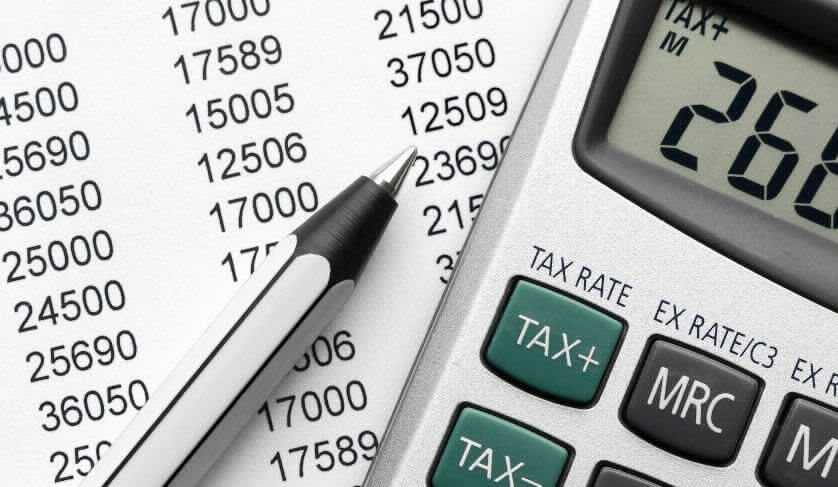Capital gains tax: timing of event and exemptions

What is capital gains tax?
Capital gains tax (CGT) is the tax you pay on your capital gains, or the profit made after selling an asset. It is considered part of your income tax.
According to the Australian Tax Office (ATO), all assets acquired since capital gains tax was implemented on September 20, 1985 are required to pay the said tax upon the sale of the asset, with a few exemptions.
Among the assets covered by the regulation are:
- All assets acquired around the world, if you’re an Australian resident
- All assets acquired from October 23, 2015, if you’re a Norfolk Island resident
- All taxable Australian property, if you’re a foreign resident.
When does CGT apply?
The capital gains tax applies on the date when you sign the disposal contract, or on the purchase or sale date for capital gains purposes, and not upon the day of settlement.
If there is no contract, such as when a property is passed on to a beneficiary, the tax will apply when the ownership changes.
Alternatively, when the asset is compulsorily acquired, the tax will apply once you receive compensation from the acquiring entity.
Documents needed
In order to make sure that you do an accurate computation of your cost base, which will be the basis of your capital gains tax, keep the following documents with you:
- Records related to the capital gains tax event and all associated expenses, including a copy of the sale/purchase contract, as well as records and receipts of all related expenses, including legal fees, stamp duty, and survey and valuation fees.
- Records of the costs of owning the property, including interest, rates and land taxes, insurance premiums and repair costs (for homes acquired after August 20, 1991, if the tax deduction has not been or cannot be claimed).
- Records of capital expenditure on renovations and improvements and proof of maintaining the title or right to the title during your ownership period.
Capital gains tax exemptions
Principal place of residence
While most real estate assets are subject to CGT, including vacant land, commercial properties, rental properties and hobby farms, principal places of residence are usually exempted.
However, your personal home can be subject to the tax if it has been used as an investment property or a business’ premises for a certain period of time, or it is on more than two hectares of land.
Inherited and gifted properties
Inherited dwellings that you decide to sell or dispose of may also be exempt capital gains tax depending on the following factors:
- If the deceased acquired the property
- The original owner’s date of death
- Whether the property has been used as an investment before
In the event that you gift a property to family or friends or sell it to them for a below-market price, if you’re entitled to the main residence exemption, the succeeding owner will also enjoy the same exemption.
You may also be exempt from paying the capital gains tax if the property is given to you via will or due to family breakdown.
However, the land or structure that you decide to sell separately from the dwelling is still subject to capital gains tax.
Expert tips
As complicated as it may seem, there are a few guidelines that can help you get a better understanding of capital gains tax:
1. Hold your asset for a year to enjoy a great discount.
According to Multifocus Property and Finance’s Philippe Brach, you may get up to 50 per cent discount on your capital gains tax if you are able to hold your asset for 12 months.
2. Capital gains can only be offset by capital loss.
For instance, if you earned $50,000 and made a loss of $5,000, your income will not actually be reduced to $45,000 come tax time, contrary to popular assumption. because you are not allowed to offset a capital loss against your taxable income.
The only way to financially offset capital loss is to sell another asset for profit. Otherwise, you will continue to carry the loss over from one financial year to the next.
3. The only way to avoid capital gains tax is to avoid selling an asset.
A long-term buy-and-hold strategy is the best and most effective way to avoid paying for capital gains tax.
However, this strategy will obviously not work for every investor, which is why Mr Brach strongly encouraged doing careful research and engaging professionals, where appropriate, to make the best decisions based on your goals, capabilities and limitations.
This information has been sourced from the Australian Taxation Office and The Smart Property Investment website.

